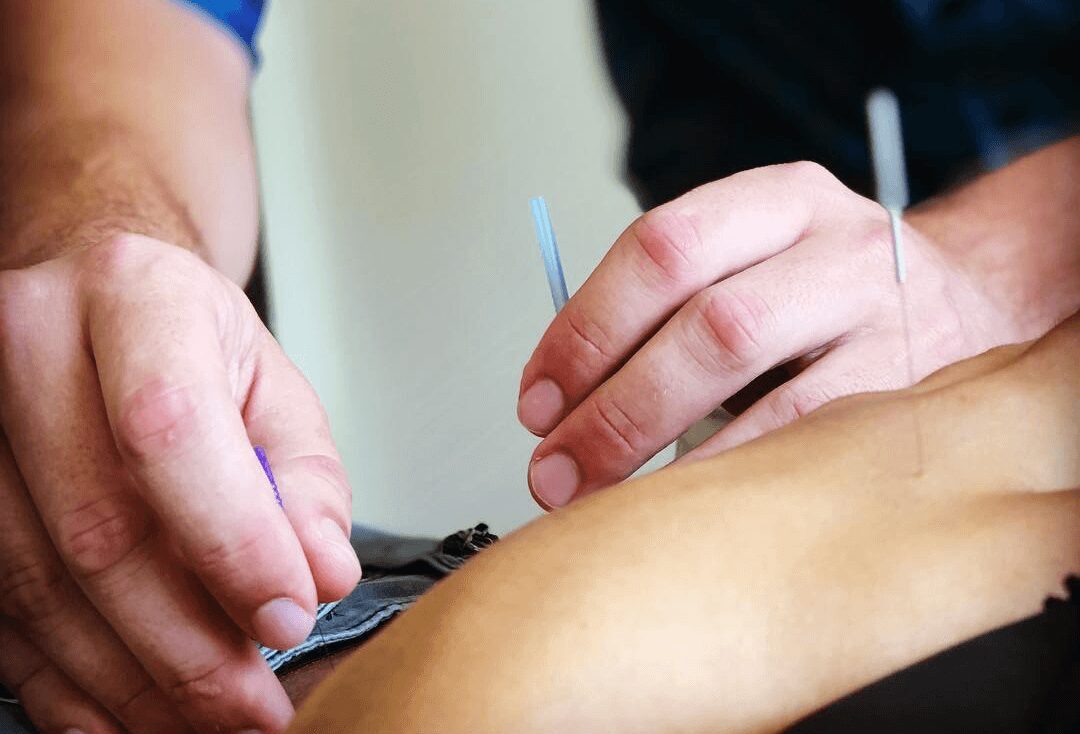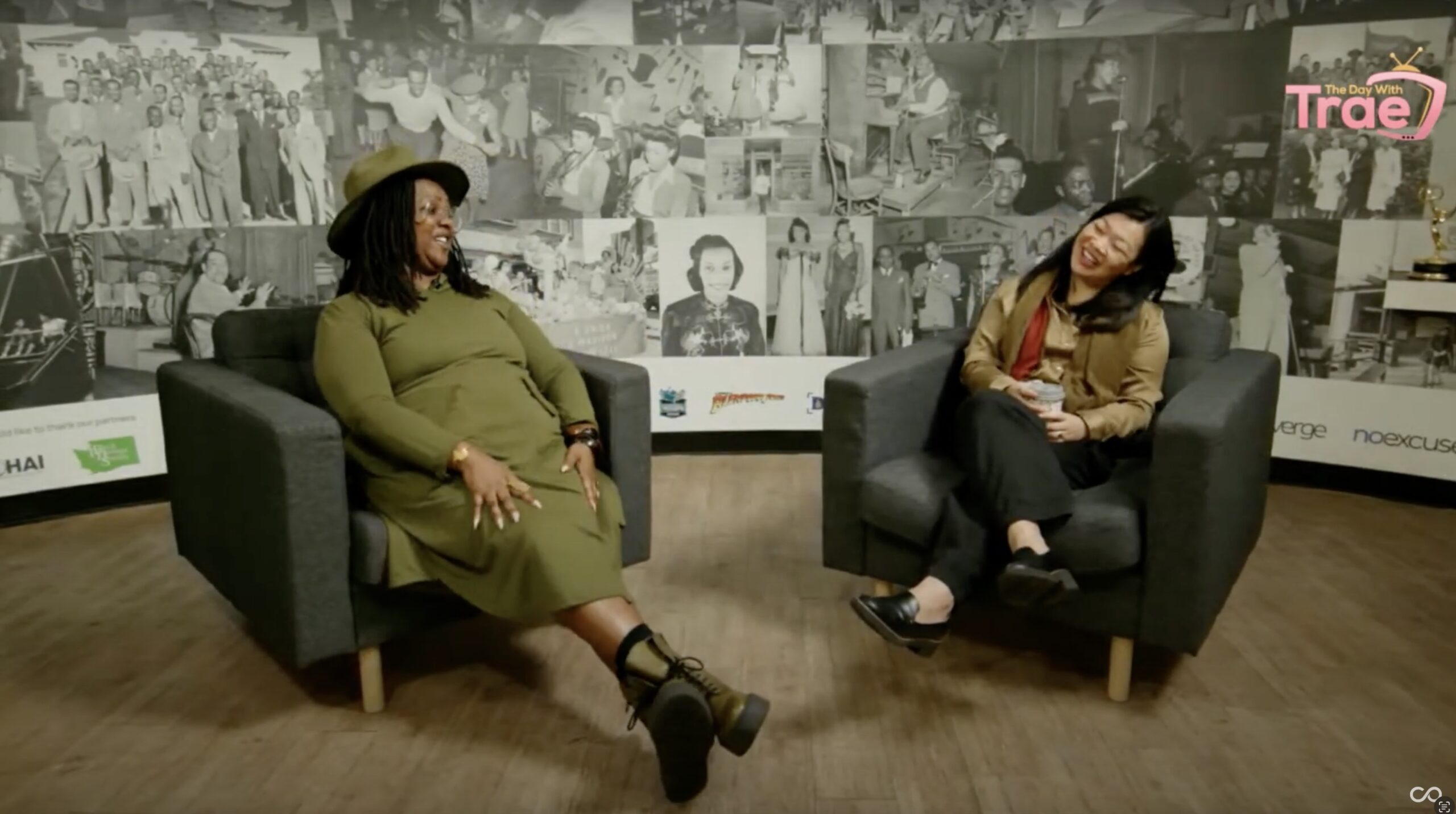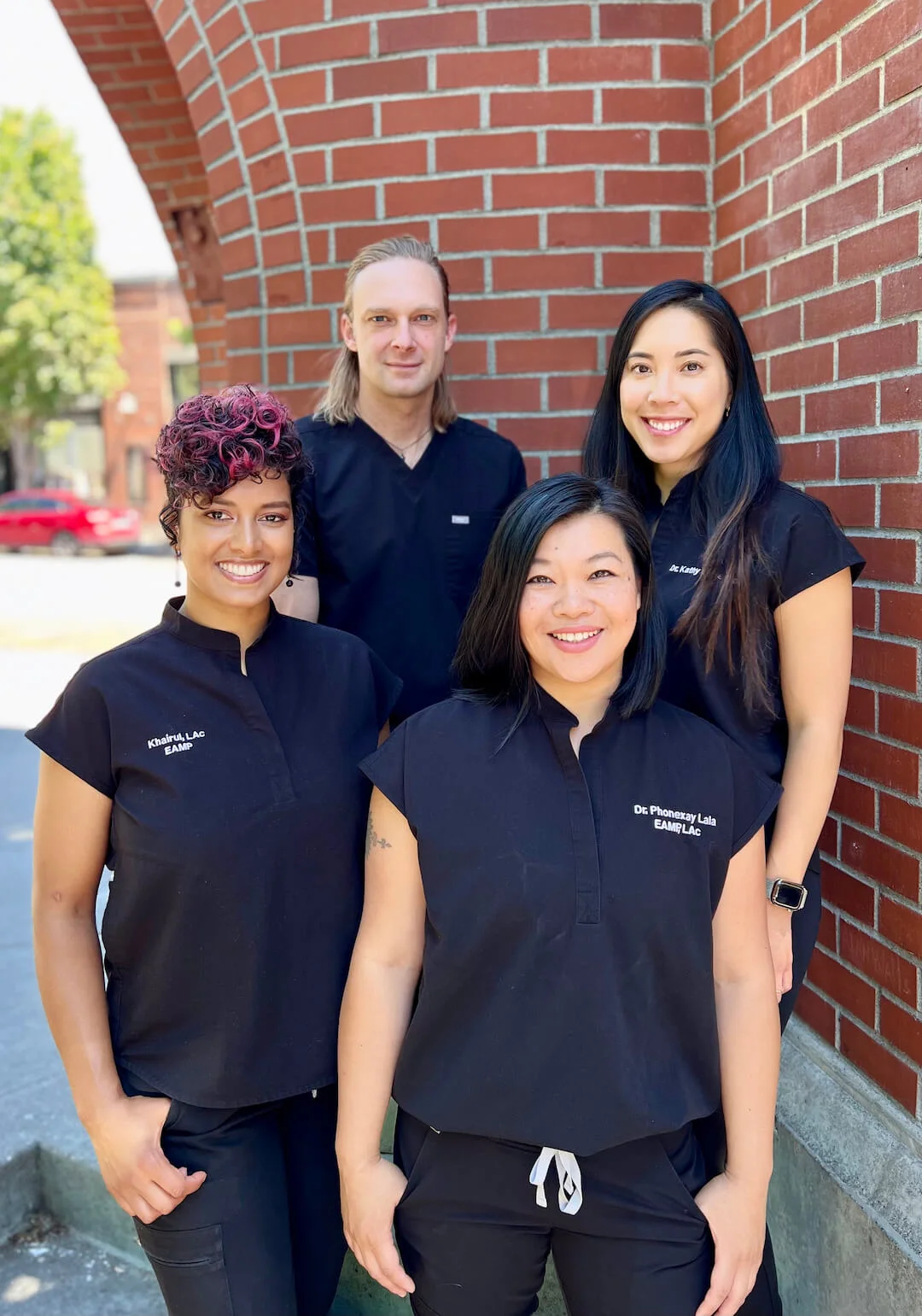Dr. Phonexay Simon Interview on "The Day with Trae" Transcript from Video Interview Below, (my…
Chinese medical history covers a span of 4,500 years
While it’s a bit over-simplified, the history can be divided into significant eras within that time as the theory and practice have developed (the Legendary Period (2697-1122 B.C.), expanded and become more systemized (the Golden Period (1122 B.C.-960 A.D.), and in some cases, have degraded to superstition (Mediaeval Period (961-1800 A.D.) This was followed by the Modern Period which began in the 19th century extending essentially into modern times.
It should be noted that evidence of surgery exists from up to 10,000 years ago. Medicine and attention to health has always been part of the human experience. While medicine as a practice has changed significantly in modern times, the system of medicine that we know as Chinese medicine remains solidly based in the philosophy, theory and empirical practice that was systemized five millennia ago.

Chinese Medicine is an Ancient System
What we practice as Traditional Chinese Medicine (TCM) today is a complex system which addresses every area of human health. This includes the obvious disciplines of lifestyle (sleep, rest, activity), nutrition, physical manipulation of the body (needling, gua sha, tui na, cupping, etc), and herbal pharmacopeia.
Part of what makes TCM different is that it also addresses the human spirit – we might loosely translate this as “mental health” but the system practiced is more along the lines of addressing spiritual health in terms of the different parts of the human spirit and soul through connection to people, connection to our own bodies and connection to Nature itself. One might say that Western Medicine also addresses mental health but it is a separate discipline while TCM incorporates this particular aspect of the human experience as integral to the medicine as a whole.

Chinese Medicine is a Unique Language
Also unique in TCM is the “language” in which the practitioner thinks and describes what is happening in the body of a patient. It sounds archaic, however, in maintaining the language in a way that describes Nature, we can maintain the connection to the ancient roots of the medicine. When your practitioner talks about Blood, Qi, Wind, Damp, Heat and Cold, these words all connect to Nature and how the human body is in or out of balance at a very root level. It sounds simplistic; however, it is a complex and extremely sophisticated system of diagnostics and treatment that is so effective that it has lasted the test of time. It is based on the rules of Nature and since the rules of Nature never change, if a practitioner gets stuck or can’t figure out a patient’s problem, they can always return to Nature to find an answer.
First and foremost, TCM is about balance in the human condition – balance of Yin and Yang to the Western mind. But it is far more complex. While Yin and Yang are at the root, there is also balance in what we call the 8 Principles: Yin/Yang, Hot/Cold, Interior/Exterior, Excess/Deficiency. At the very root, your practitioner will describe your condition in those terms as they are the most simplified and basic. Every organ system, pathology of Qi or Blood, or imbalance can be described with the eight simple descriptions.
A Lifestyle Medicine
Once the principle has been described, the practitioner chooses a modality to address the imbalance. The most obvious is acupuncture but herbal medicine, nutrition, body work and lifestyle adjustments will also address any imbalance. In fact, acupuncture alone will likely be ineffective in the long haul if the other areas are not addressed in some way. You can move Qi with needles or gua sha but if the underlying reason for Qi stasis is not addressed, the Qi will only continue to become stagnant.
Your practitioner will share recommendations that go well beyond the needles. The most common changes involve breath-work (oxygenation to nourish Qi), sleep (to replete Yin), stress management (to disperse excess Yang) and diet (to nourish Blood, Qi, Essence, Yin and Yang).
Wang, C.-min, & Wu, L. (1936). History of chinese medicine: Being a chronicle of medical happenings in China from ancient times to the present period. National Quarantine Service.
authored by DR. KRISTIN BARNES




This Post Has 0 Comments